It was 2015 when I posted the four part retrospective of Sega of Japan’s game development. 2015 was the year where they announced a new initiative and went as far as to make their previous corporate divisions their own separate companies. Such as Sega Games, Sega Interactive for arcades and so on (which they are already undoing again in April). Sega Game’s new president, Haruki Satomi, promised that he would right the wrongs of the past, gain back the trust of consumers and also shareholders with their “Road to 2020” initiative. Of course this encompasses the evolution of their Japanese in-house studios, which are arguably the core of Sega.
The Dragon Roars On
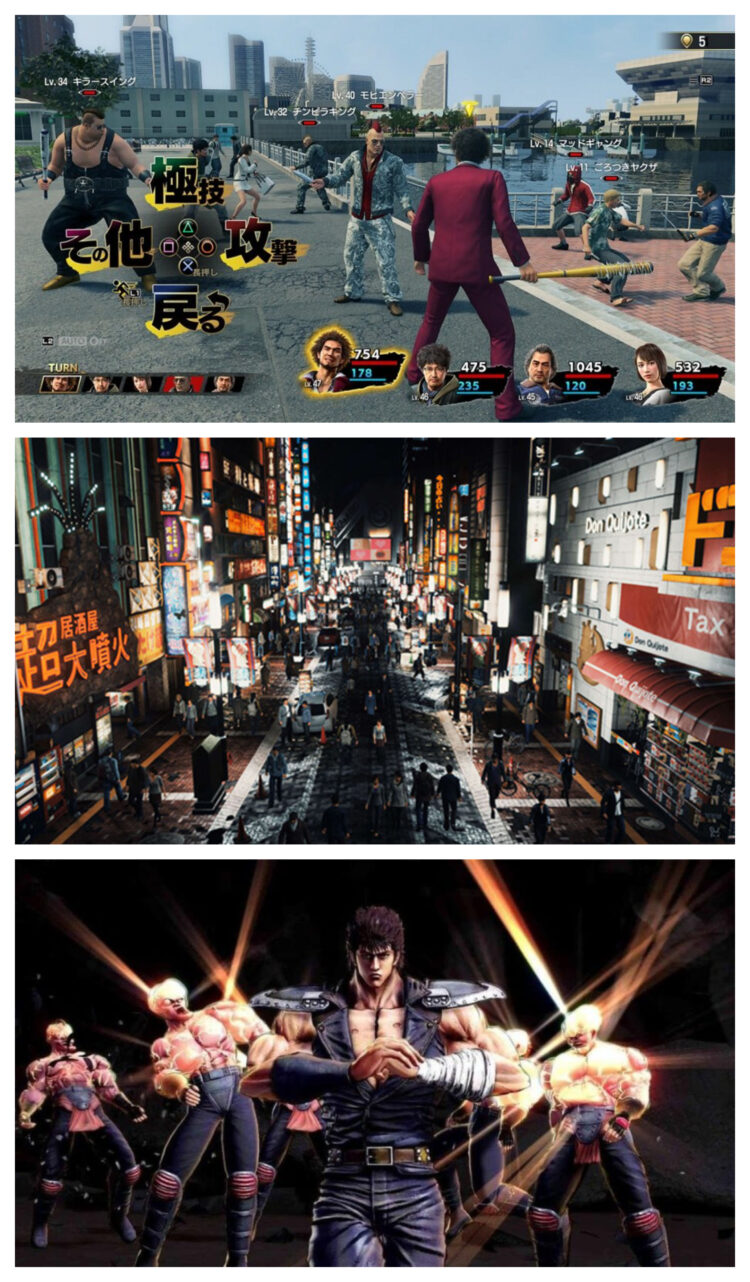
Ever since the Yakuza franchise was introduced in 2005 as Sega’s flagship product for “adults”, the franchise has just grown and still shows no sign of stopping. However the Japanese market winded down for the franchise. So Sega took the opportunity to take Yakuza 0, the prequel to the entire story, as a introductory title for the overseas market. The franchise first took over Asian markets, then the West which was localized by the newly acquired Atlus USA
At this point, Sega has introduced a great new up-to-date engine with the Dragon Engine, which branched out with the franchise with spin-offs like Fist of the North Star: Lost Paradise, Judgment, a mobile game and also a genre shift with the next main series entry, Yakuza 7. Not to mention, recent games have also gotten English dubs since the Western release of Fist of the North Star: Lost Paradise and in addition added some European languages, both of which hasn’t been attempted since the first English release of Yakuza. Oh, and there is also expansion of platforms with Xbox and PC. Really the franchise has never been in a better place.
In terms of studio structure, Ryu Ga Gotoku has grown bigger with the consolidation of three consumer/console studios into two, and the studio gaining lots of new members. From 2012 onward, RGG Studio or CS1 primarily concerned itself with Yakuza and it’s spin offs. There used to be regular occasions when we get a new Super Monkey Ball title. This is where a new up and coming director from RGG Studios comes in. Enter Masao Shirosaki, who joined in 2007 and continuously worked on various titles, eventually becoming Game Design Supervisor for Judgment. He then directed and produced the comeback of Super Monkey Ball, a remake of the Wii launch title, Banana Blitz. It was a relatively small endeavor, developed on the Unity engine in 6 months. This was the first title since the 2012 Vita game, with more being planned soon, like a remake of the GameCube games or a new game altogether.
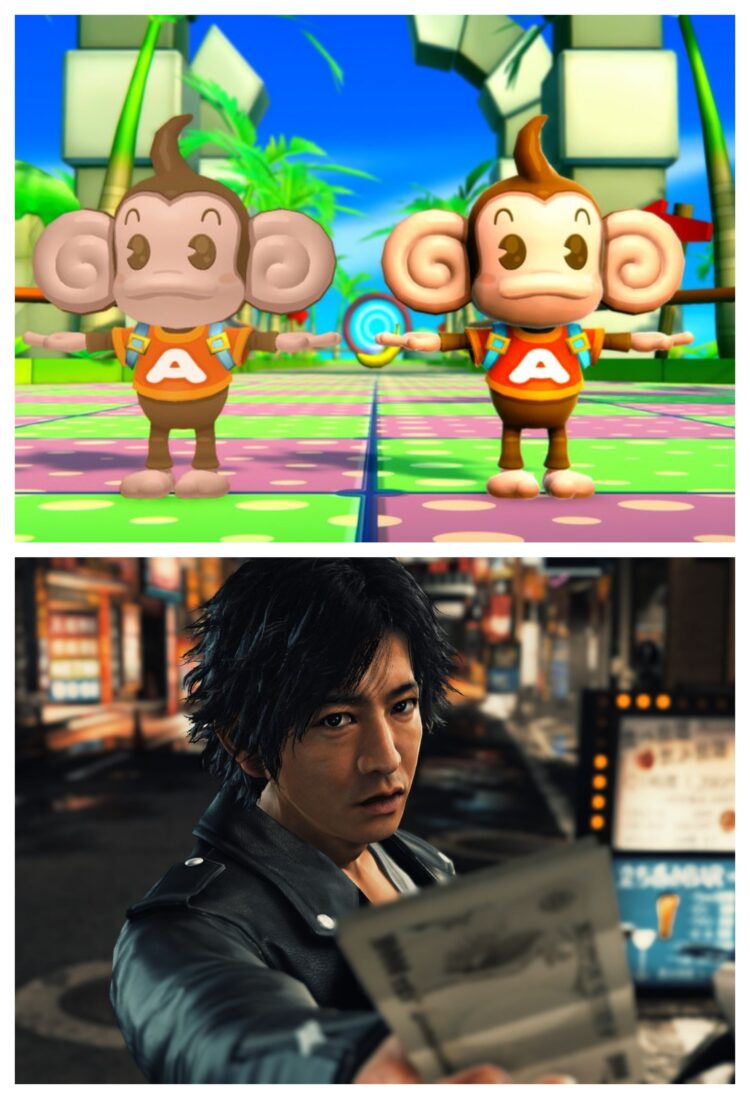
In regard to staff, not much has changed these last few years. Not surprising, the Yakuza franchise provides a rather stable stay for a community of developers.
Ryu Ga Gotoku Studios has become a popular brand even in the West and Sega seems to take every opportunity to increase that popularity.
The Sonic Slump
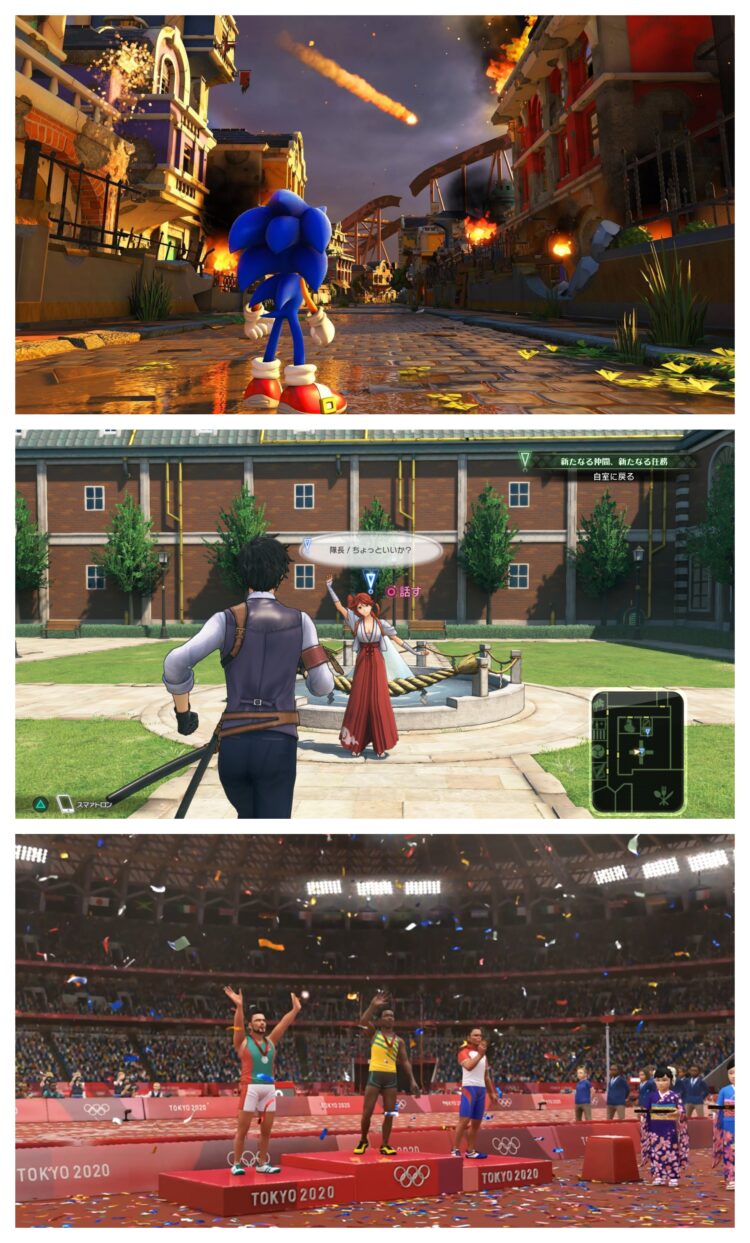
Sonic Team studio really dialed down the Sonic franchise. In the past we used to get multiple Sonic projects per year, in addition to handheld versions of titles and what not.
onic Team saw a big reorganization during the development of Sonic Forces with Takashi Iizuka and Kazuyuki Hoshino now being in the US Burbank California Office. Sonic Team USA once existed from 1999 to 2008, which developed numerous games like Sonic Adventure 2 and NiGHTS: Journey of Dreams. It was more of a smaller group from the Yuji Naka led Sonic Team in Japan. Now, there is a Sonic Team in the USA that supervises everything worldwide at the top, and has no development staff.
Seems as if Sonic is on the back burner within Sega of Japan, putting the Sonic workforce on more Japan oriented products. We saw initiatives bringing back franchises such as Valkyria Chronicles, Sakura Wars and also Virtual-On on the PlayStation 4. We also see the Hedgehog Engine originally developed for Sonic Unleashed getting use outside of the franchise. First with the Mario & Sonic Olympic titles (including the realistic Tokyo 2020 game) and the new Sakura Wars game.
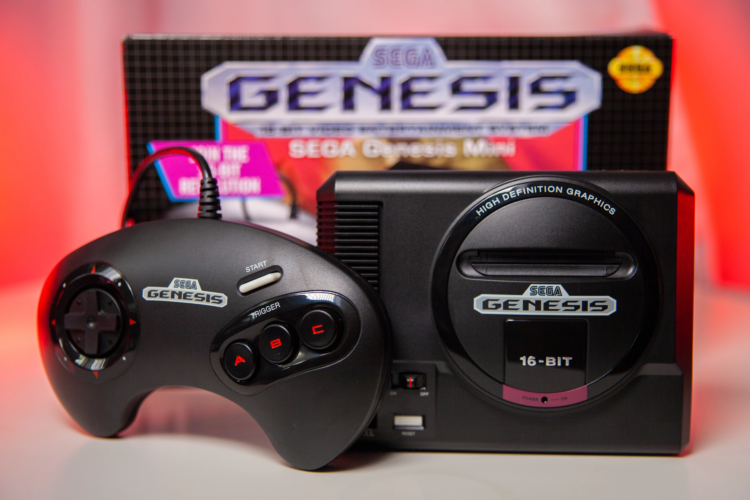
Retro games continue to be a part of Sega’s repertoire as well. Most notably with the Sega Ages Nintendo Switch releases, but also with their first mini plug-in console, the Mega Drive/Genesis Mini. The latter is the first gaming hardware Sega has released after quitting the console business.
The increase of licensing
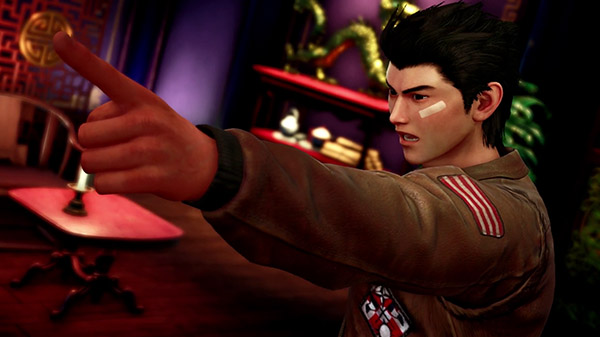
What have been the most common requests for Sega in the last decade? Aside from Dreamcast 2, it is bringing back old franchises of course. Sega has had a difficult history with this, and they have recently found a solution. In order to off load the risk of potentially losing money on a new Shenmue, Space Channel 5 and what have you, they license their IP to anyone who asks. Be it the original creators, or a another developer that has a passion for it. Sega is involved in some way or another in a lot of these projects, or helps advertising it on their social media channels.
Free to play
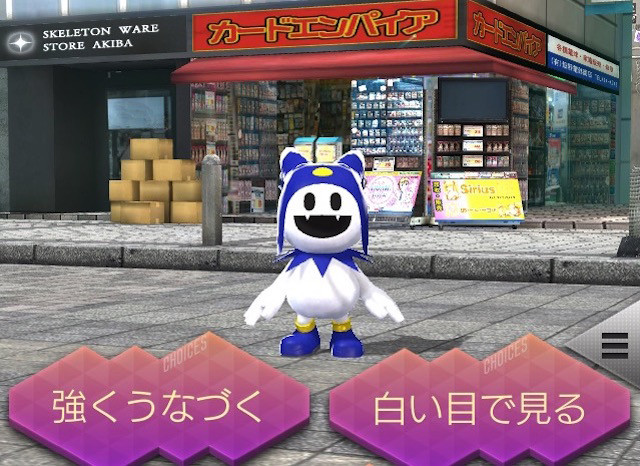
The world of free to play (or gacha) games tailored to the Japanese continue to a big business for Sega. However that market has shrunken down a lot. Sega used to almost exclusively make new IP for these gacha games, but they have used the Shin Megami Tensei IP (the first collaboration with the acquired Atlus), Phantasy Star IP with Idola Phantasy Star Saga and the Yakuza IP with Ryu Ga Gotoku Online.
However the flagship for these types of games continues to be Phantasy Star Online 2. It launched in 2012 and continues to get expansions and get ported to multiple platforms. The latest of which is the Xbox One, where they have recently made an attempt to expand the game to the western audience, after 8 years of waiting. Personally, I think PSO will continue to grow in popularity due to this, much like the Yakuza series has.
The world of arcades
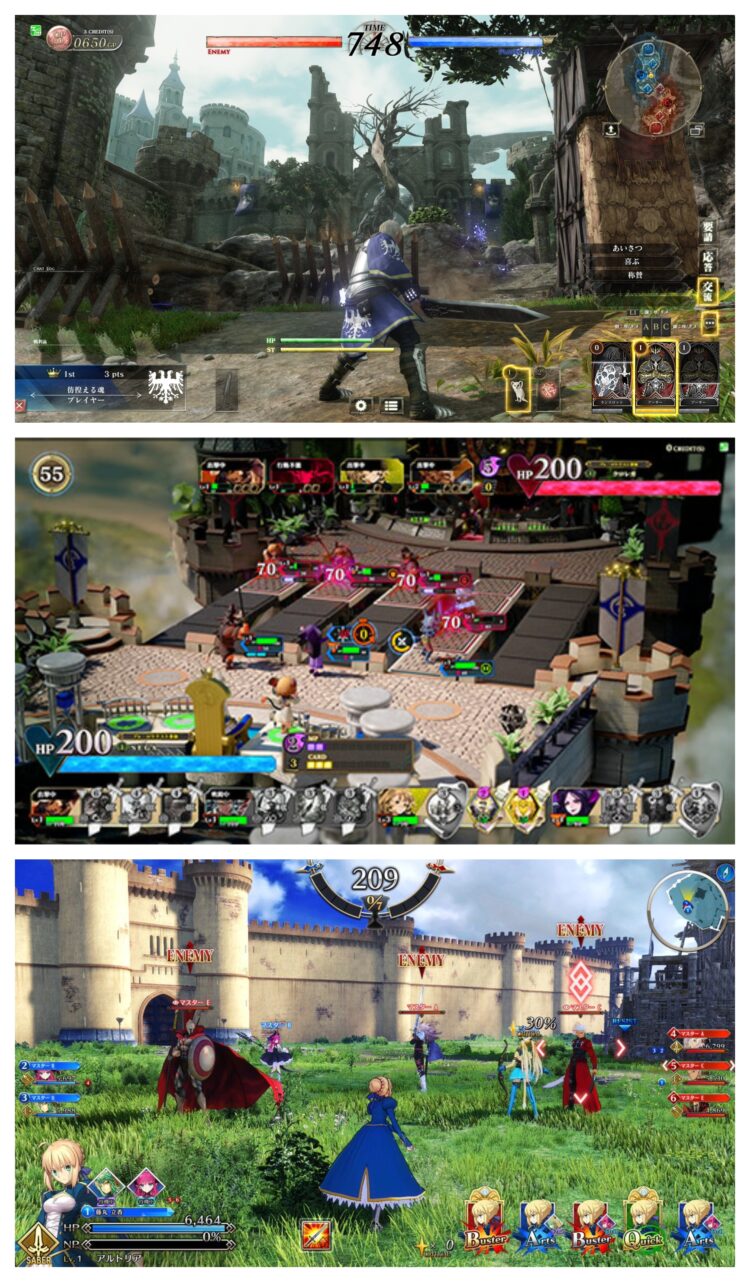
Sega still hasn’t one bit dropped the effort of supporting the root of their company – the amusement arcade.
The Japanese AM teams still have a big focus on the Japanese oriented new type of arcade games that I covered once. Online play, collectible cards, saving progress and all that jazz. Plenty of new games of that type have started up at the Japanese game centers these past few years. Soul Reverse, an PVP action RPG by AM2, Kancolle Arcade and Fate/Grand Order Arcade which are adaptions of popular media franchises. Just to name a few. Music games continue to be popular too.
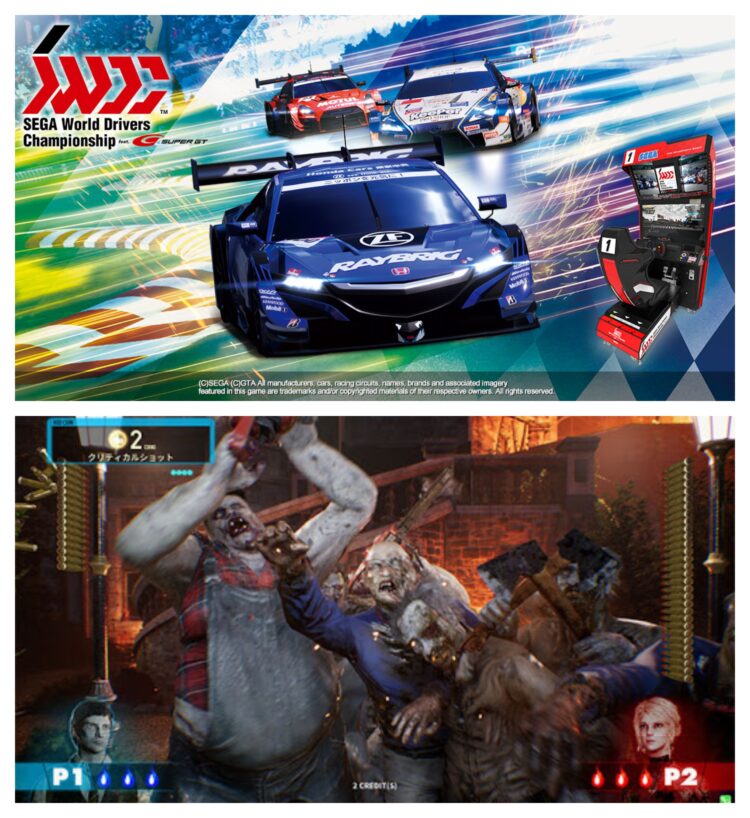
Internationally however, Sega is still known for it’s gun and racing games in the arcades. Sega has always made efforts on that front, but basically hasn’t updated their graphics for these games since Initial Arcade Stage 4 and House of the Dead 4, both of which came out around the mid-00s.
Good thing that the widespread adoption of Unreal Engine 4 made it easier for Japanese developers to advance to more modern graphics. House of the Dead: Scarlet Dawn and Sega World Drivers Championship both continue continue that classic lineage that started with Virtua Racing and Virtua Cop all these years ago. They both look quite nice and modern, they even brought back veteran devs like Takashi Oda and Kenji Sasaki.
So how about home console work from the AM teams? Well, taking a page from the Phantasy Star Online 2’s success, the successful Border Break arcade game was ported to PS4 as a free to play game. A natural fit I’d say, however I haven’t heard much of it’s success or failure.
The future
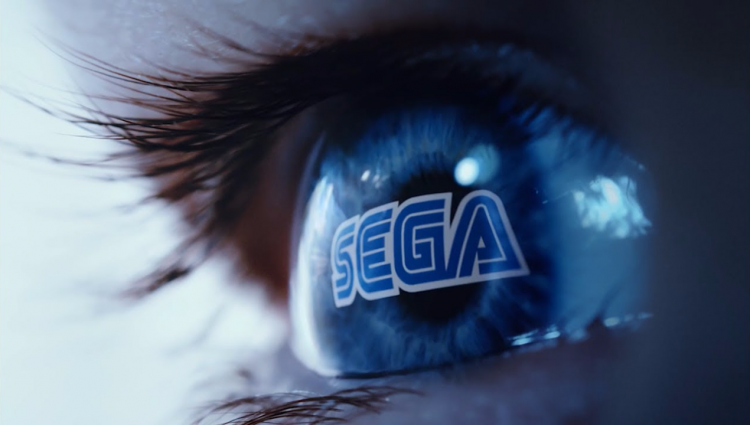
The past decade, Sega took a a big bet on the Japanese market with the Yakuza franchise, PSO2, handheld games and the whole mobile gacha game trend. However, Sega has made an effort to expand these efforts globally, with the localization and promotion of Japanese content like Judgment last year, or this year with the new Sakura Wars. The lack of Sonic games also indicate that they are properly re-thinking how to approach the Sonic franchise. Sega is also seemingly getting ready to use their talented arcade staff for more console titles, hopefully Border Break on PS4 is just the start. There has also been talk of a new IP. Sega has done mostly well on it’s promises – except when it comes to making new IPs. Sega used to always been known for bringing new and unexpected games. But even without new IP on home consoles – Sega still keeps us guessing what they are gonna next – and that’s a good thing, all things considered.
Read the full History of Sega Japan R&D retrospective:
The History of Sega Japan R&D, Part 1: The Origins and the 80s
The History of Sega Japan R&D, Part 2: The 90s Golden Age
The History of Sega Japan R&D, Part 3: Innovative Heights and the End of an Era
The History of Sega Japan R&D, Part 4: The Current Sega
The History of Sega Japan R&D, Part 5: The Road to 2020 is complete
Ad:
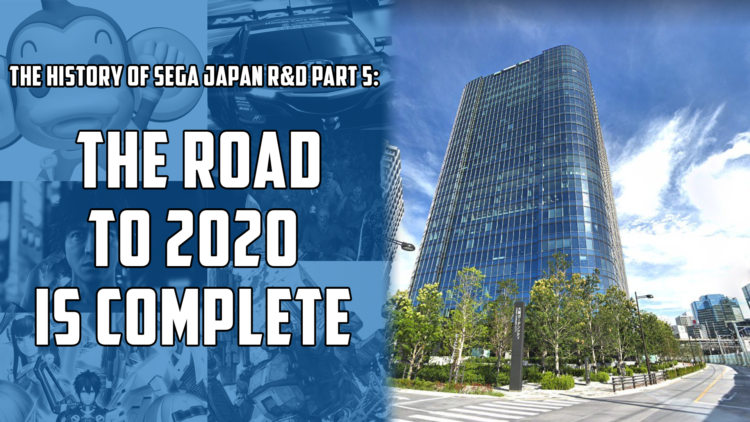
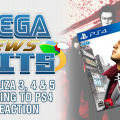
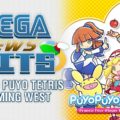



F2P mobile game market is slowly dying in Japan. And arcades also lose their relevance. Their quality has fallen compared to games for consoles
Good article🌹🌹
Yes, I was wondering what performance looked like after that big survey in 2015. I may be a 35 year old still holding out for a mature, main series Phantasy Star game, so that means I may continue to stay interested… 🙂